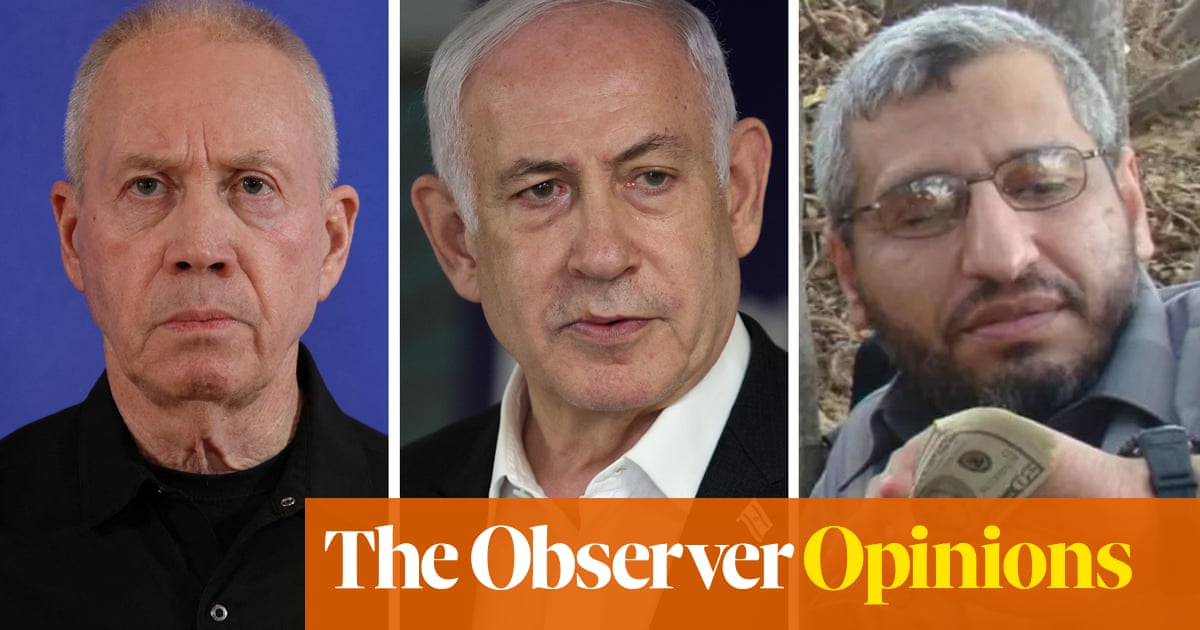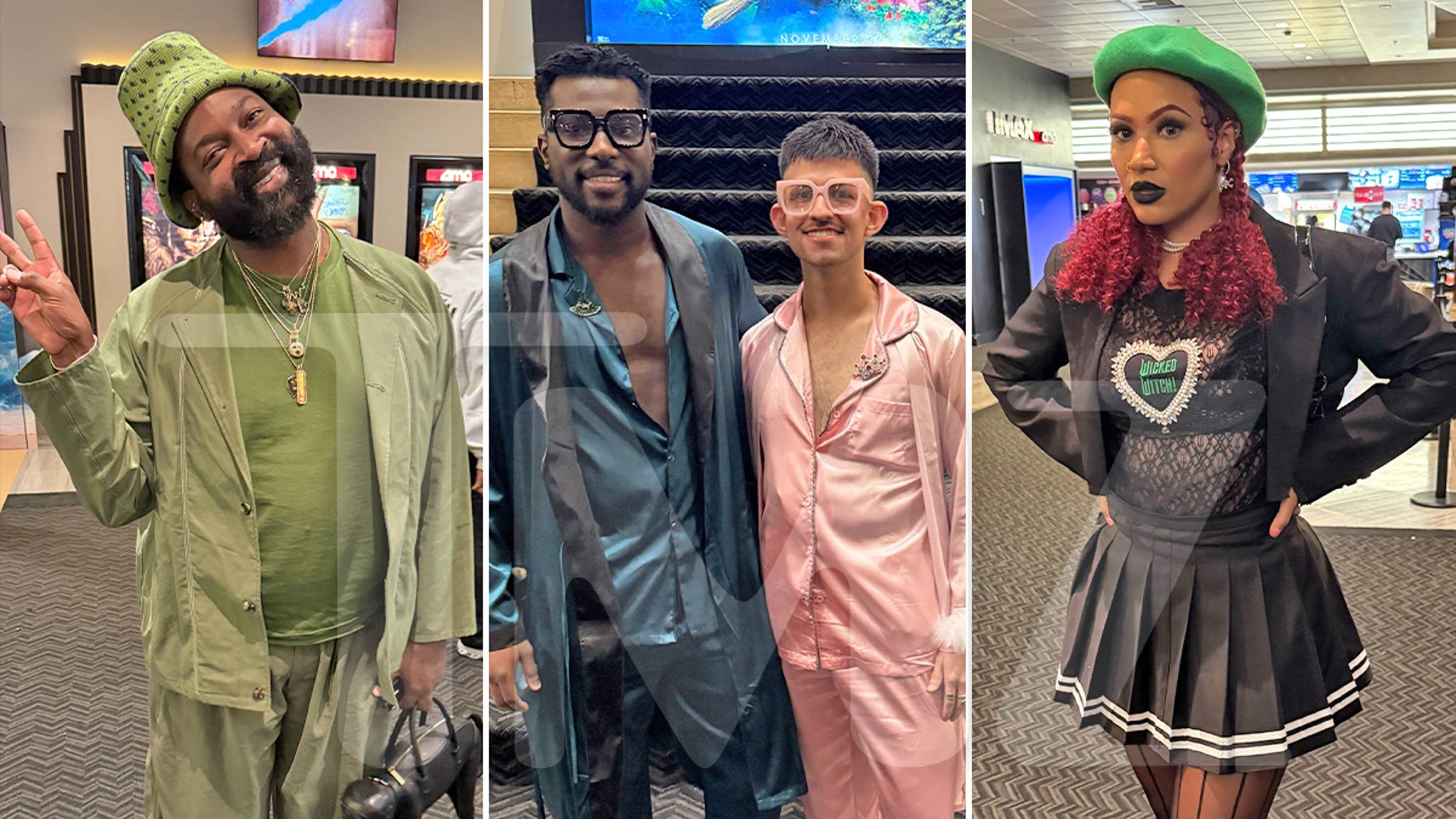Travel
Stone talks of his travels to WVU

Photo courtesy of BlueGoidNews.com
West Virginia guard Jayden Stone (14) gets to the rim during an exhibition game against the University of Charleston last Friday night.
MORGANTOWN — The next time you are stuck at the airport, your flight delayed or canceled — and you know this is inevitable — and you are bemoaning the horrors of traveling, I want you to think about Jayden Stone, Perth, Australia’s gift to West Virginia basketball.
Last week, Stone was brought out to meet with the media for the first time and told an incredible tale of an incredible life in an incredible way, spilling it through what he says he’s been told is a soft and soothing voice, speaking with a touch of an Australian accent, and, quite honestly, using words in an athletic interview that you never hear, even in a post-game session after a Harvard-Yale game.
He referred to himself as an “accidental diminisher”, tossing in such words as “commonalities”, “esoteric”, “regurgitate” and “manipulative”
His flight was more of a plight than anyone would imagine, and it’s a story worth studying for, you see, when asked why he left Australia on his own at the tender age of 15, he answered:
“I came over because I wanted to chase a dream,” Stone said. “I wanted to chase something. That’s the primal thing about human existence. We want to go after something. When you’re determined, you don’t look back.”
So let us begin our journey into Jayden Stone and begin it with that day when he was 15 when he approached his mother to tell her that he had decided to leave on this wild American adventure.
Coming to America
“I told my mom literally two days before or something like that, ‘I’m going to America. I’m getting the ticket, and I probably won’t be seeing you for a long time.’ She was a bit sad. My sister, too, was a bit incongruent with the whole idea of me leaving. They still think I was too young to leave, which, I probably agree, but it worked out in the end because I’m here.”
The trip was insane.
“When I first came, it was like a 27-hour flight. It was six hours from Perth to Sydney, then 16 hours from Sydney to LA. Then I had to go to Alabama, so it was LA to North Carolina and then North Carolina to Alabama: he said, remembering thinking “‘Man, I’m stuck here.’ I was here for five years before I went home.”
Think of it, alone as a teenager in America.
“It was like ‘What’s going on here?’” he said. “It all comes down to the commonalities and addressing the differences and trying to amend those into strengths and being personable with people. It’s getting to think I know what makes him tick and what doesn’t. I know how to talk to him, I know how to address him and what sets him off and what gaslights him. Psychology is moreso lending an ear when needed,” Stone, a psychology major, said.
“It’s like sitting back and I don’t want to assert myself. I’m kind of an accidental diminisher, as they call it. I don’t want to set myself up as an expert, just sit back and listen to what people are saying and kind of regurgitate whatever they told me and spit it back to them in a positive manner.
“I’m not being manipulative, but I’m being aware of the relationships I have and try to grow with guys.”
Five years is a long time to be a long way from home, and Stone admits that he misses his mother, who brought him and his sister up.
“Sometimes I go home and call my mom and say, ‘Mom, this is crazy.’ I’m so humbled by being here because the guys are so great. The exceptional ability of the guys is just amazing,” he said.
“I really miss my family. I talk to my mom, [At home] I go on walks with grandma, because my grandma and my mom raised me. My lifestyle is really different. I don’t like going out. I’ll go to the movies with them. I still was going to movies with my mom, holding hands … that’s just what we do.
“Coming to America, it’s like anything, it’s left some pit holes in my life and also brought some amazing stories I could ever imagine that I can share with my children.”
He had to figure it all out and was far too young to really understand it, yet if nothing else he is adaptive.
“When I moved here. I was living independently. I didn’t have a lot of people to talk to. There was a lot of self-regulating. I had to learn how to talk to myself — not like a creep — but I had to verbalize things.
“I didn’t have a father or my mother,” he continued. “There was no one after a game saying ‘OK, keep your head up.’ I couldn’t say I had nothing to do today. How do I still be productive without being idle? I’d think ‘OK, you need to pray today. You need to do something.
It just grew and it grew and I made so many mistakes. That’s been the hardest thing. The “mistakes I made weren’t because of a knowledge I had but was unable to implement. It’s just at 14 or 15 years old, who knows how to move to the other side of the planet and be able to adjust to adult living.
“I had to organize the camps I would go to. I was saving money from working or doing different things. Then I was in LA and I’d have to call my friend to see if I could stay at his house or I was house hopping and staying with a family in Alabama for a little bit and then in Wichita.
“I could put a little piece of my heart in every spot, but it was difficult. You don’t feel at home anywhere.”
Prepping for WVU
Stone’s journeys led him to Alabama, where he played as a freshman and sophomore at Central Park Christian High, then played as a junior at Sacred Heart High in the same state before spending his senior season in Kansas at Sunrise Christian.
He transferred there after being named Alabama’s 2A Player of the Year as a junior, scoring 21.1 points a game to go with 10.2 rebounds. In his senior year in Kansas, facing a national prep schedule, he was a McDonald’s All-American nominee after helping the team to a 22-3 record.
He started his collegiate career at Grand Canyon University in Phoenix. A Division 1 school second 2013, they made the NCAA Tournament in 2021, 2023 and 2024, when they advanced to the round of 32.
The past two seasons, though, Stone was at Detroit Mercy, last season averaging 20.8 points a game, which was 22nd in the nation. But it was all he had to shout about as Detroit went 1-31 on the season.
Mercy.
“Losing is like a weight,” he said. “You know everyone in the crowd is thinking ‘This team sucks’ and you might be going into the game thinking we can really win. I felt I could put the team on my shoulder and win.”
He couldn’t. Michael Jordan couldn’t have carried that team in his prime.
“It was rough. When you are like the main player on the team, it’s transfixed on what he’s doing. It’s like, this is really on him. You are the scapegoat behind everything that’s happening or not happening. There were a lot of things that were not happening in the locker room.”
Academic eligibility and injuries stripped the team of its proposed starting lineup, so he wound up on the court with four other starters who were supposed to come off the bench.
“It was a roller coaster. If I was going to be completely honest, it was probably more individually based because I was thinking, ‘How do I recover from this?’” he said. “I was ineligible the second half of the season my junior year, so I was thinking about how I can be present at every practice, every game. I was just showing up and not spending time focusing on leadership.
“Those qualities were kind of besetting me and it was new to me and I had a lot of growing pains. It was how do I talk to the guys because I’m a quiet person and things like that. They would kind of look to me and my response was ‘Let me show you through my game’. It’s easier said than done.”
The only win was against IUPUI at home after losing their first 27 games, some of them heartbreaking such as a 70-69 loss at Ole Miss, a 76-72 loss to Eastern Michigan, a 68-65 loss to Ball State, a 102-99 double overtime loss to Robert Morris in which he scored 36 points and a season-ending first-round loss to Milwaukee in the Horizon Conference Tournament with Stone giving them something to remember with a 30-point performance.
Stone admits the one victory offered little relief during the season.
“I wouldn’t say relieved. You’re 1-30. With me, I got tagged by people as a guy who only scores and the only way I could be effective is to put the ball in the hoop and be the main guy. That’s not the player I want to be. That plays into why I came here to West Virginia … not to look inward but to look outward and address the inward.
“I want to be a player who is about winning now. Before, you want to chase the stats. I think everyone does deep down, everyone is transfixed on their stat line. But I just wanted to be part of winning for a change and give up on myself for a collective goal and try to chase something special.”










